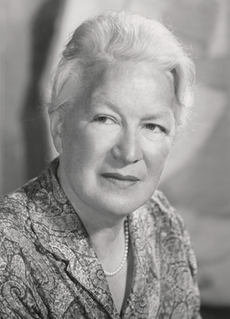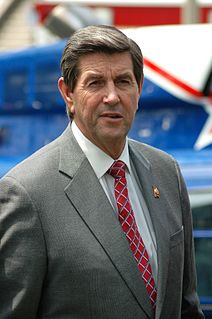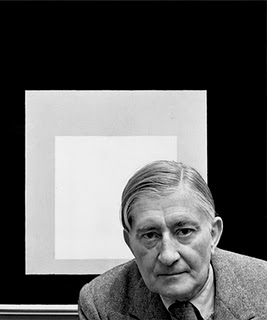A Quote by C. V. Wedgwood
A nation does not create the historians it deserves; the historians are far more likely to create the nation.
Related Quotes
Most academic historians accept that historians' own circumstances demand that they tell the story in a particular way, of course. While people wring their hands about 'revisionist' historians; on some level, the correction and amplification of various parts of the past is not 'revisionism' as it is simply the process of any historical writing.
Because of my life experience and because of my public life experience, I have the ability to lead this nation and to bring all people together and to lift up the cause of this nation so that we once again become a nation that comes from the heart and reconnect with our optimism to really create a nation that we can all be proud of.
People assume that the executive branch has more power than it actually has. Only the legislative branch can create the laws; the executive branch cannot create the laws. So, if the executive branch tries to create a branch one side or the other... you go back to the founders of the nation. They set up a system that ensures that it doesn't happen.
































